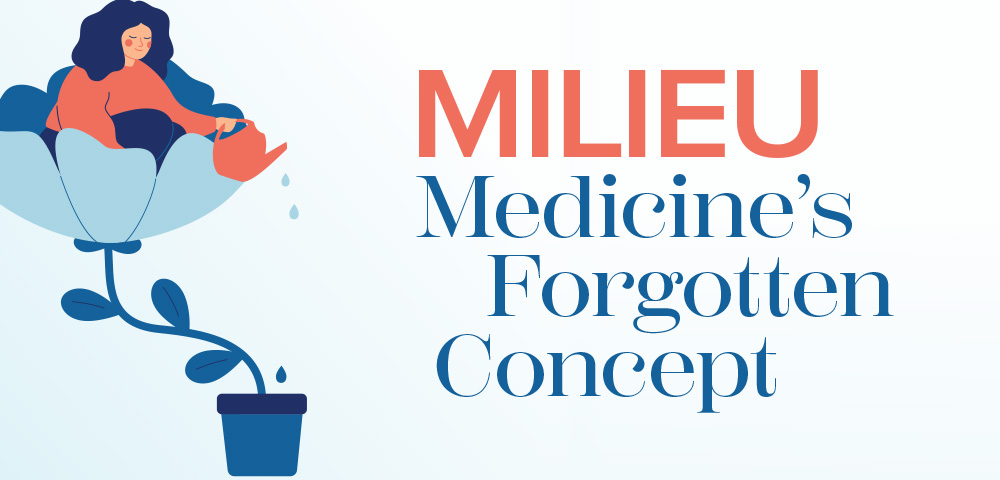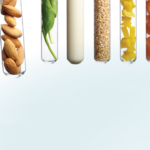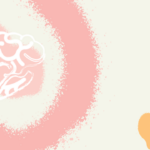
Claude Bernard was a 19th-century French physiologist whom Harvard historian Bernard Cohen called “one of the greatest of all men of science.” Bernard was the first to define the internal milieu. He discovered that our internal milieu comprises the blood and fluids that bathe each cell in the body to ensure the protective stability of tissue and organs, a process called homeostasis.
Think of the body’s internal milieu as soil. When soil is fertile and healthy, the tissue will thrive, but when toxic, cells decay.
When first discovered, internal milieu played an essential role in theories of pathology. But when Pasteur’s germ theory was introduced, the role that the body plays in disease faded into unfortunate obscurity. So far, we’ve focused mainly on the internal milieu.
Still, it is vital to share that both the EXTERNAL (environmental conditions) and INTERNAL milieus are inextricably linked to our physical and mental health.
As a result of chemicals that cause everything from nutrient-deficient soils to pollution in our air and water, the toxic state of the earth’s external milieu makes it increasingly difficult for our internal milieu to maintain balance. When the external influence becomes very challenging, the internal milieu can no longer adapt, our bodies become weaker, and the consequences to our health are vast. These consequences can include immune compromise, hormone imbalance, neurological concerns, and mental health disorders that affect our relationships with ourselves and others, and we lose our connection to nature.
We are all part of the whole, and we’re influenced by it. We need to do our part individually and collectively to contribute to a healthy and dynamic synergistic relationship between the environment and our external and internal milieus.
So, what can we do?
This article features the perspectives of four health care practitioners on the milieu of the brain, our hormones, digestion, and relationships.
The Brain’s Internal Milieu
By Karen Jensen, ND
The milieu of the brain is determined by the cells, cerebrospinal fluid, and blood-brain barrier. Environmental toxins, head injuries, and anesthetics are some factors that disrupt this vulnerable milieu and protective barrier. Social contact is a very important part of the regulation of the milieu.
Chronic stress is contributing to an explosion in mental health disorders that will be with us for years to come. Insomnia, anxiety, and depression are increasing exponentially in people of all ages, with teens and young adults being the most dramatically affected.
The COVID-19 pandemic is causing unprecedented changes in all aspects of our lives. People have had restrictions imposed on them that limit or prohibit social interactions on many different levels. In the African Bantu language, the word “ubuntu” means that a person becomes a person only through other people. Our brains, minds, and behaviours are shaped by a personal connection with others. Unpredictable events, as well as the many other stresses in our lives that flood our bodies and brains with stress hormones, have interrupted these essential connections.
A healthy diet, exercise, rest, and personal stress-reduction activities, such as replacing screen time with “green time,” help the brain’s milieu. Also, consider taking an adaptogen – a herbal stress-support supplement – such as WomenSense® AdrenaSense® – and a probiotic to support the gut-brain connection. Chronic stress leads to inflammation, which we now know is the leading cause of chronic disease and mental health disorders. 3 Brains® Brain Defence is my favourite supplement for overall brain support, and Theracurmin® is very effective for supporting healthy inflammatory responses in the brain and body. Our mental and physical resilience depends entirely on the state of our internal milieu, which is codependent on a healthy external environment and our personal connection to others.
“Ubuntu” – I am here because of you.
Hormones and the Body’s Milieu
By Julie Reil, MD
It’s important to remember that one of the keys to a healthy brain is also healthy hormones. Balancing the body’s internal milieu with important nutrients and eliminating toxins from our external environment that block hormones is the key to hormone balance.
Here is what gets my patients off the hormone roller coaster. For women who take prescription hormones, beginning a daily routine by taking key foundational supplements can significantly lower the dose of prescription hormones (lowest effective dose = lower risks). Sometimes patients can taper off prescription medication completely when they take these essential nutrients consistently.
- The key nutrients for balancing hormones and the internal milieu are vitamins, minerals, omega-3 fatty acids, and vitamin D. These nutrients optimize cellular communication between the organs involved in hormone regulation. Omega-3 fatty acids and vitamin D can lower the required dose of hormone replacement by 50% or greater, and foundational supplements can help with premenstrual syndrome (PMS), and during prenatal, postnatal, premenopausal, and postmenopausal times.
- In my women’s health practice, where underactive thyroid is extremely common, I recommend nutrients that help convert the inactivated thyroid hormone (T4) to the activated thyroid hormone (T3). These are very helpful for hormone balance and can be taken by women on prescription thyroid medication.
The external milieu
Various toxins, such as pesticides and chemical fertilizers found in our food and water, block healthy hormone function and are known as xenoestrogens. Minimizing exposure is very important for hormone balance and overall health.
- Eat organic foods whenever possible
- Choose glass containers over plastic
- Filter your water
- Exercise or walk daily; this helps support the elimination of toxins through sweating and optimizes liver function
In addition to foundational support with vitamin D, omega-3s, and multivitamins, choose a supplement that supports the liver and the body’s natural detoxification processes, which can further support hormonal balance.
External and internal milieu:
The impact on digestive health
By Stephanie Rubino, ND
It all comes back to the gut; digestive health is essential for optimal hormone balance. When the integrity of our external and internal milieus is disrupted, we are often left to deal with an unhappy gut. Although many of us identify the digestive system as key to food breakdown and nutrient absorption, its functions go beyond this. Most importantly, the gastrointestinal tract inhabits a dynamic population of microorganisms known as the microbiota. The activities and benefits of the microbiota are tremendous, including nutrient metabolism, protection against different pathogens, immune regulation, xenobiotic and drug metabolism, and strengthening of the gut barrier.
Our diet, age, genetics, and use of medication are commonly known to influence the composition of the microbiota.
However, research continues to identify other factors found in our external milieu, such as environmental toxins and climate change, that impact microbial balance. Increasing evidence suggests that bisphenols, phthalates, persistent organic pollutants, heavy metals, and pesticides, along with air pollution and increasing climate temperatures, negatively impact microbial balance. Loss of beneficial bacteria and reduced microbial diversity lead to dysbiosis, a condition that is associated with increased inflammation and health concerns such as irritable bowel syndrome (IBS), allergies, asthma, and obesity.
We can overcome microbial imbalance with simple solutions. The daily inclusion of fermented foods, prebiotics, and/or probiotic supplements can help re-establish a balanced community of microorganisms in the gut. Fermented foods, such as yogurt, kefir, kimchi, and kombucha, can provide your body with a healthy dose of good bacteria, while prebiotic foods, such as apples, garlic, bananas, and asparagus, help the gut’s microbiota flourish. Probiotic supplements supply live microorganisms that promote gastrointestinal balance and are designed to provide specific probiotic strains that support various health needs. Focusing on a natural, whole food diet with minimally processed food can also go a long way to fostering a happy gut.
Relationships: Our Social Millieu
By Kate Rhéaume, ND
Connecting with others is another vital aspect that can influence our internal and external milieus. Nothing can make – or break – a good day like our interactions with the people around us. Whether it’s our spouse, kids, other family members, coworkers, or neighbours, our relationships can fill our cups – or drain our energy – with a single conversation. Believe it or not, this can have a meaningful impact on health. Positive interactions increase the level of our feel-good hormones, such as endorphins and oxytocin. Negative exchanges do the opposite, even triggering inflammation in the same way a pulled- back or infected wound does. Our interconnectedness shapes our internal milieu in powerful ways in the long term.
For example, the quality of our relationships is a major predictor of healthy aging. Conflicts and weak social support contribute to emotional stress, low mood, and detrimental behaviours. Positive relationships enhance resilience to stress and bolster immune function.
After a few years of being told to keep our distance from others, there may be no better way to recover from the pandemic than by taking steps to broaden our network of positive connections.












